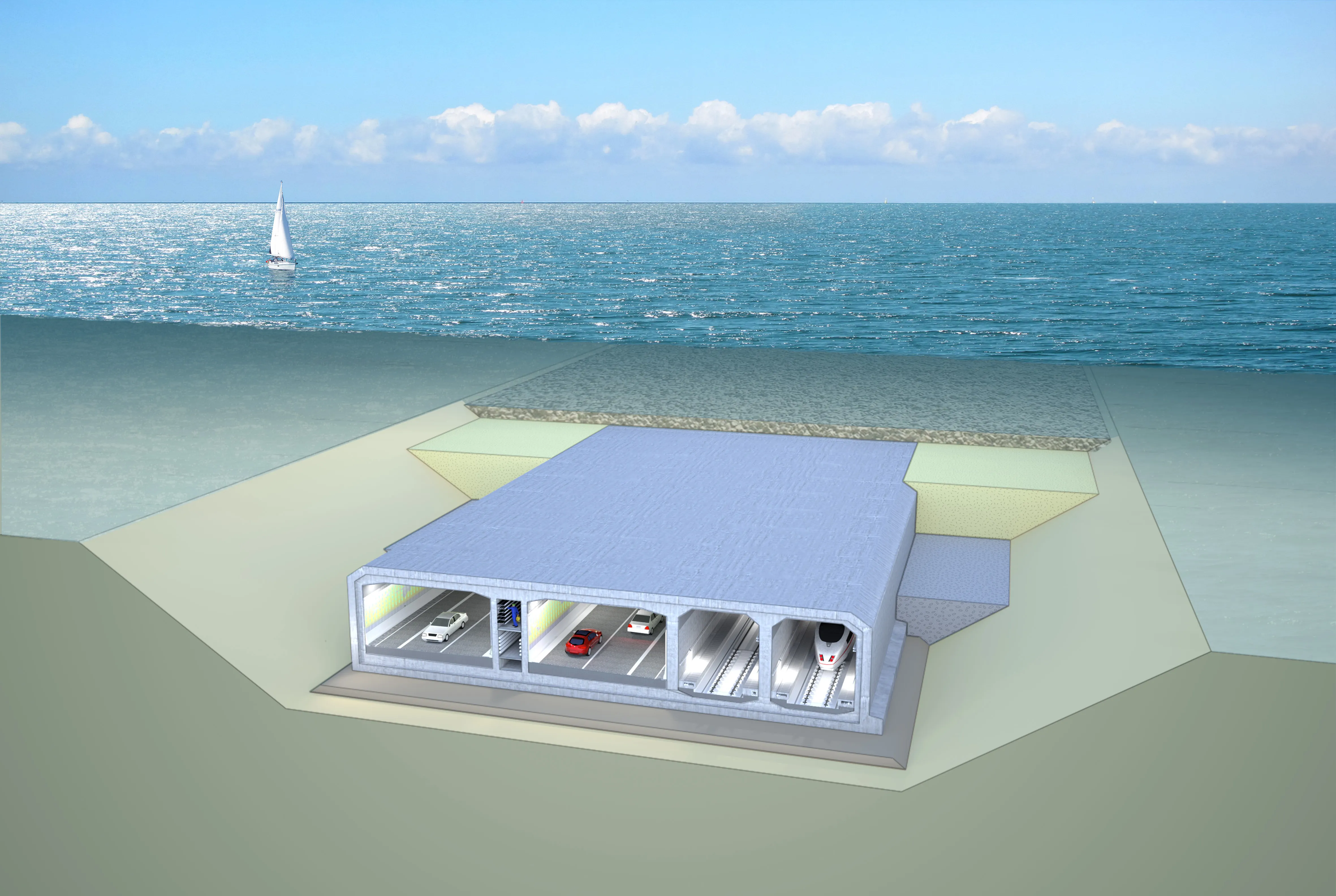Metro Pacific Investments Corp (MPIC) is in discussions to form a joint venture for construction of a toll bridge connecting the islands of Mactan and Cebu in the Philippines.
Cebu is an island province that incorporates 167 surrounding islands and islets, one of them being Mactan, which lies immediately off Cebu Island, across from Cebu City.
MPIC’s subsidiary, Metro Pacific Tollways Development Corp (MPTDC), is proposing an 8.3km bridge costing around US$380 million, according to local media reports
January 19, 2015
Read time: 3 mins
Cebu is an island province that incorporates 167 surrounding islands and islets, one of them being Mactan, which lies immediately off Cebu Island, across from Cebu City.
MPIC’s subsidiary,
The project aims to decongest the traffic in the two existing bridges to Cebu city: the Marcelo Fernan Bridge and the Mactan-Mandaue, or Osmeña, Bridge.
The bridge was originally proposed by Metro and talks will begin with Cebu City and the municipality of Cordova on Mactan. The final proposal agreed with Cebu and Cordova officials will be subject to a so-called Swiss challenge. Other parties are invited to submit proposals but MPTDC has the right to match the terms of the best challenger.
MPTDC, formerly the First Philippine Infrastructure Development Corporation, was formed in 1994 and is based in Pasig City, Philippines. It is a direct subsidiary of another MPIC unit, Metro Pacific Tollways Corp.
Parent company Metro Pacific Investments, listed on the Philippine Stock Exchange, reported in November that earnings to the end of the third quarter 2014 were $146 million, up 15% from just under $126 million for the same period in 2013.
Net income at Metro Pacific Tollways was up 8% for the third quarter, to just over $33 million.
Last May, Metro Pacific Investments announced it had bought out its partner First Pacific Company’s 75% share in First Pacific Metro Infrastructure (FPM) for $101.25 million. First Pacific Company is a Hong Kong-based investment company in the telecommunications, consumer food products and infrastructure sectors of Asia.
Metro and First Pacific formed FPM Infrastructure in November 2013 specifically for investment in Asian projects. For its first venture, FPM Infrastructure paid $130 million to acquire a 29.45 stake in toll road operator Don Muang Tollway Public Company (DMT) in Thailand. With the buyout of First Pacific, Metro Pacific Investment now has the complete 29.45% stake in DMT.
Under a 27-year concession ending in 2034, DMT operates a 21.9km six – lane elevated toll road stretching from Din Daeng in central Bangkok past Don Muang Airport and onto the National Monument in the north of the capital. The road traverses residential communities, universities and industrial estates. Planned along its route are a bus terminal and the new government administrative centre.
When Metro Pacific Investments purchased First Pacific’s share in FPM Infrastructure in May last year, Metro chief executive Jose Lim said Thailand offers a level playing field and a regulatory regime that welcomes investment.
“We are very impressed with the quality of the DMT management. The road achieved in excess of 13% traffic growth in 2013, ahead of our expectations and we are confident that the tariff increase due at end of this year will go ahead as planned,” said Lim.
“Although Thailand is experiencing some political uncertainties just now we remain committed to seeking further investment opportunities there as the kingdom has progressed well over the years despite such uncertainties,” he said.







